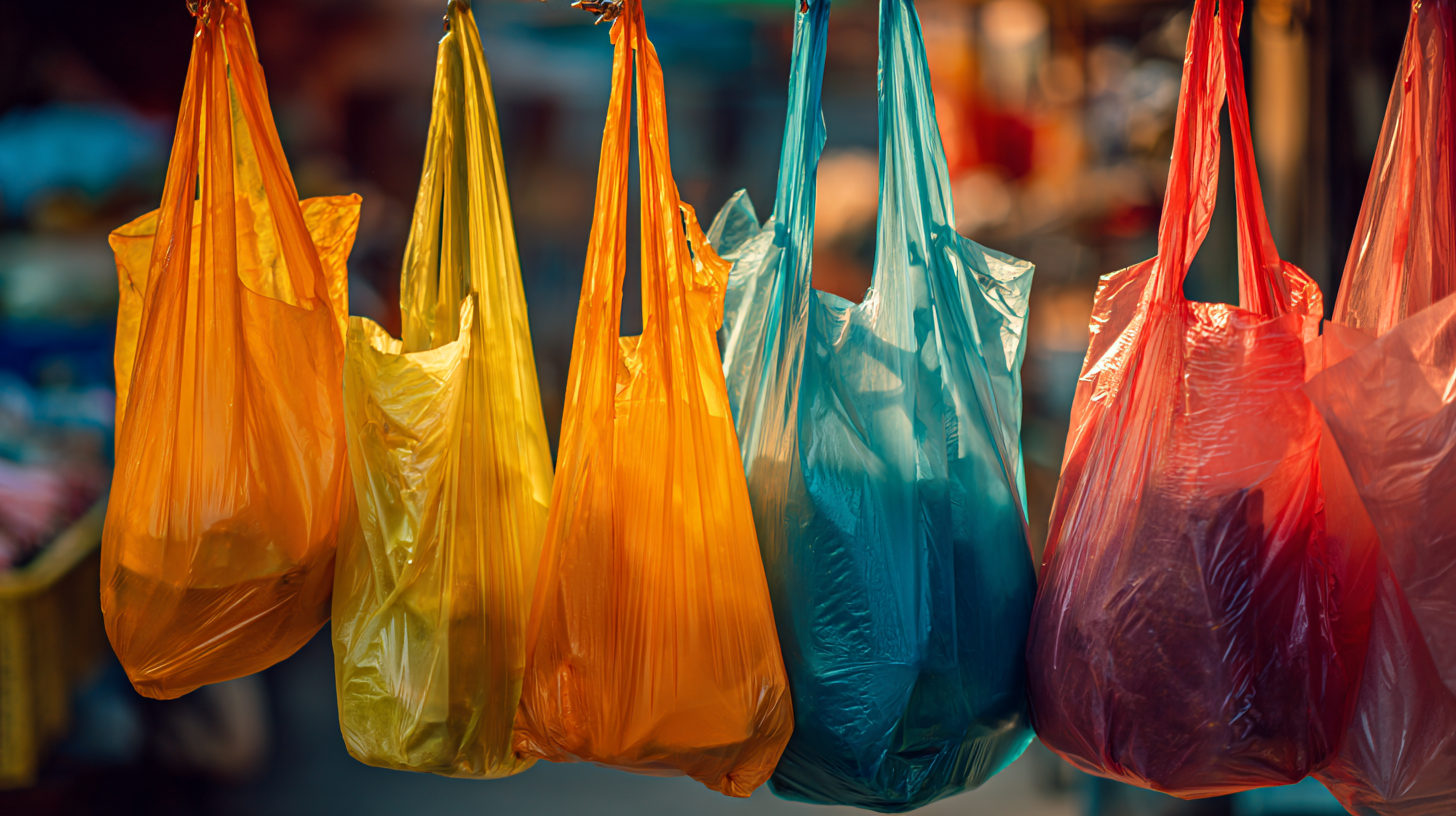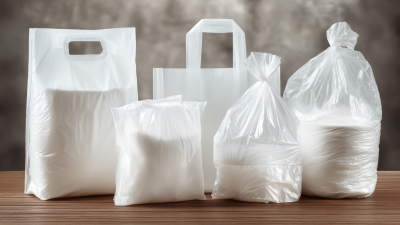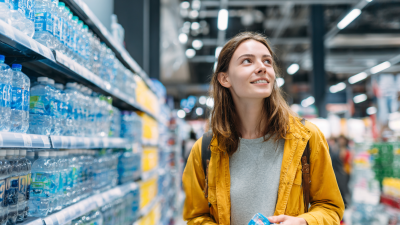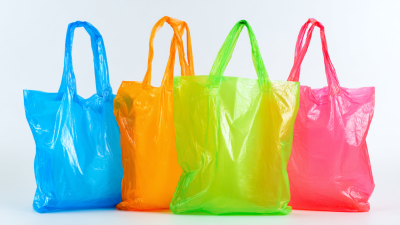- Phone:+86 15218629499
- Phone: +86 15766990063
- E-mail: Yzprinting01@163.com
As the world increasingly prioritizes sustainability, the packaging industry is undergoing a significant transformation in 2023, particularly with the rise of eco-friendly materials like Polythene Bags. Recent reports indicate that the global sustainable packaging market is projected to reach USD 500 billion by 2027, driven by growing consumer demand for environmentally responsible products. Polythene Bags, known for their versatility and durability, are being reimagined to meet eco-conscious standards, with innovations in biodegradable and recyclable options becoming more prevalent. According to a 2023 study by Smithers, the adoption of these advanced Polythene Bags is expected to reduce plastic waste by up to 30%, reflecting a comprehensive shift towards greener alternatives that not only benefit the environment but also align with brand sustainability goals. This exploration into how Polythene Bags are reshaping packaging practices highlights the industry's commitment to reducing its ecological footprint while meeting the needs of today's discerning consumers.
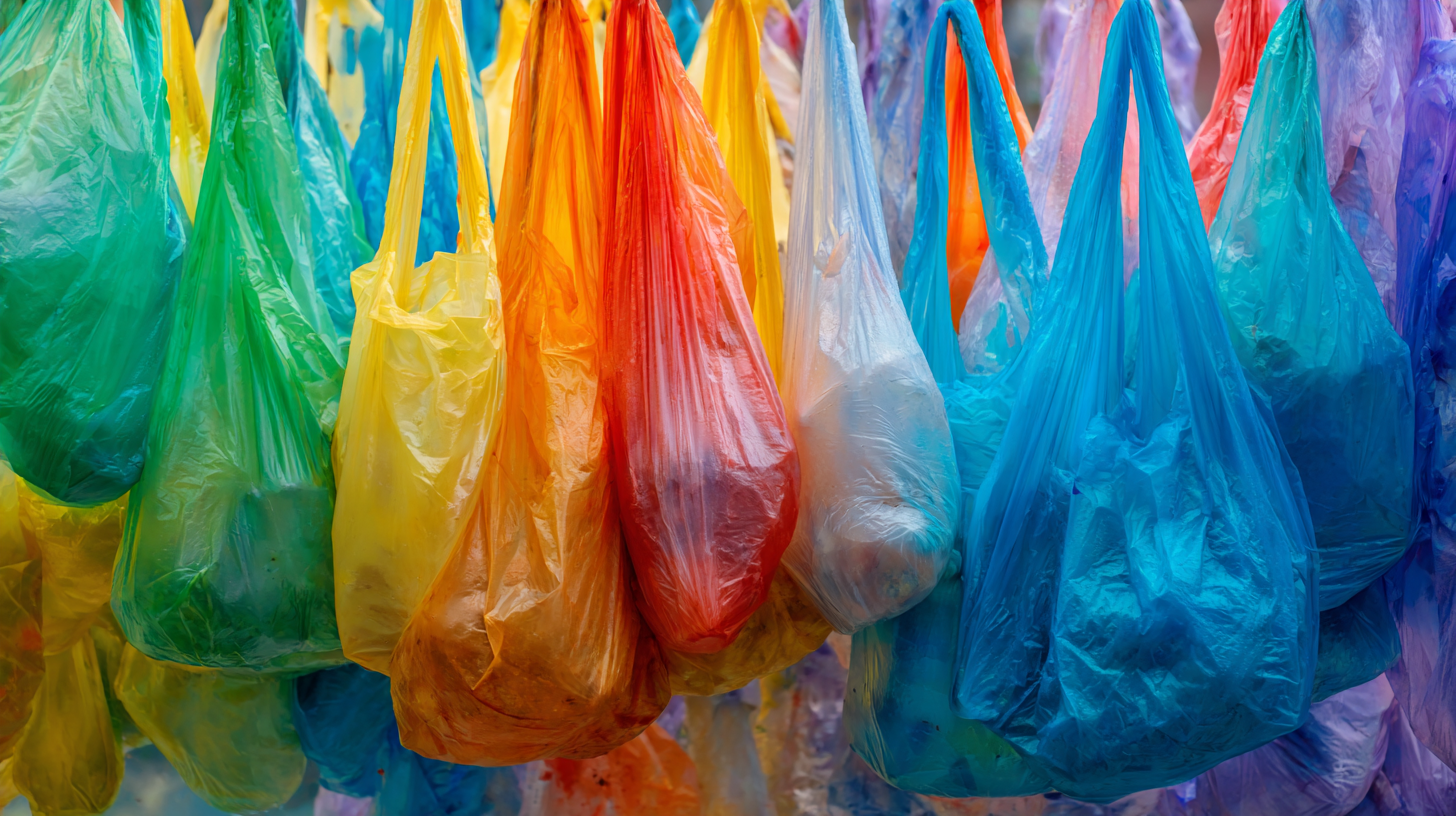
The rise of eco-friendly alternatives in packaging is reshaping the consumer landscape as environmental awareness grows. Increasingly, consumers are opting for biodegradable and sustainable materials, shifting away from traditional polythene bags that contribute to pollution and landfill issues. Brands are responding by innovating with materials such as compostable films, plant-based plastics, and reusable options, catering to a market that values sustainability.
Companies are also embracing sustainable packaging practices not just for compliance but as a cornerstone of their brand identity. This trend is evident across various industries, from food and beverage to cosmetics, where packaging choices are becoming critical in attracting eco-conscious consumers. By prioritizing eco-friendly alternatives, businesses are not only reducing their environmental footprint but also fostering a stronger connection with their customers, who increasingly demand accountability and responsibility from the brands they support.
In 2023, the landscape of packaging saw a significant evolution as innovations in polythene bag technology introduced more sustainable alternatives to traditional materials. Manufacturers have embraced advanced techniques to enhance the biodegradability of polythene bags, integrating organic additives that enable them to break down more efficiently when exposed to environmental factors. This shift not only reduces plastic waste but also addresses consumer demands for more ecologically responsible products.
Additionally, the development of multi-layer polythene bags has revolutionized packaging, providing enhanced durability while minimizing resource usage. These bags can now be manufactured using a thin-film technology that allows for lightweight designs without compromising strength. Such advancements ensure that businesses can maintain product integrity during transit while also showcasing their commitment to sustainability. As more companies adopt these innovative solutions, the impact on reducing the environmental footprint of packaging becomes increasingly significant, highlighting the potential of polythene as a green alternative in the ongoing pursuit of sustainable practices.
In 2023, there has been a notable shift in consumer behavior toward eco-conscious products, driven by increased awareness of environmental issues and sustainability. According to a recent report from McKinsey, about 75% of consumers are now choosing products based on their environmental impact, resulting in a significant decline in the use of traditional polythene bags. This shift is encouraging brands to reconsider their packaging strategies, opting for sustainable alternatives that resonate with eco-friendly values.
Many companies are adopting biodegradable and reusable bag solutions to meet the changing preferences of consumers. A survey conducted by Nielsen indicates that nearly 66% of consumers worldwide are willing to pay more for environmentally friendly products. As brands pivot their packaging to include more sustainable options, they not only align with consumer expectations but also contribute to reducing plastic pollution.
**Tips for Going Green:**
1. When shopping, look for products that emphasize sustainable packaging on their labels to make informed choices.
2. Educate yourself on local recycling programs to ensure that you dispose of polythene bags responsibly if needed.
3. Consider bringing your own reusable bags while shopping, which can significantly decrease the demand for single-use plastics and encourage other consumers to do the same.
| Packaging Type | Percentage of Usage (%) | Consumer Preference (%) | Environmental Impact Score (1-10) |
|---|---|---|---|
| Polythene Bags | 35 | 45 | 5 |
| Biodegradable Bags | 25 | 65 | 8 |
| Reusable Bags | 20 | 85 | 9 |
| Paper Bags | 15 | 60 | 7 |
| Compostable Bags | 5 | 55 | 10 |
In 2023, regulatory forces are significantly influencing the use of polythene bags as governments worldwide implement stringent measures to combat plastic pollution. The rising environmental concerns have led to the introduction of bans on single-use plastic products, effective from July 2023. These regulations aim to restrict the use of polythene bags, encouraging manufacturers and consumers to adopt more sustainable alternatives. Governments are increasingly recognizing that the reduction of single-use plastics is crucial for mitigating the harmful effects of microplastics on ecosystems and human health.
The effectiveness of these interventions varies, but studies indicate that regulations can successfully change consumer behavior regarding plastic bag consumption. In regions such as the Southern African development community, the visibility of plastic pollution has heightened political will, pushing for more comprehensive policies against single-use plastics. Additionally, global initiatives, such as the UK's Plastic Packaging Tax, compel manufacturers to integrate recycled materials into their production processes, further driving the transition towards eco-friendly packaging. These regulatory efforts are pivotal in reshaping the packaging landscape, making sustainability a priority in response to the ongoing plastic crisis.
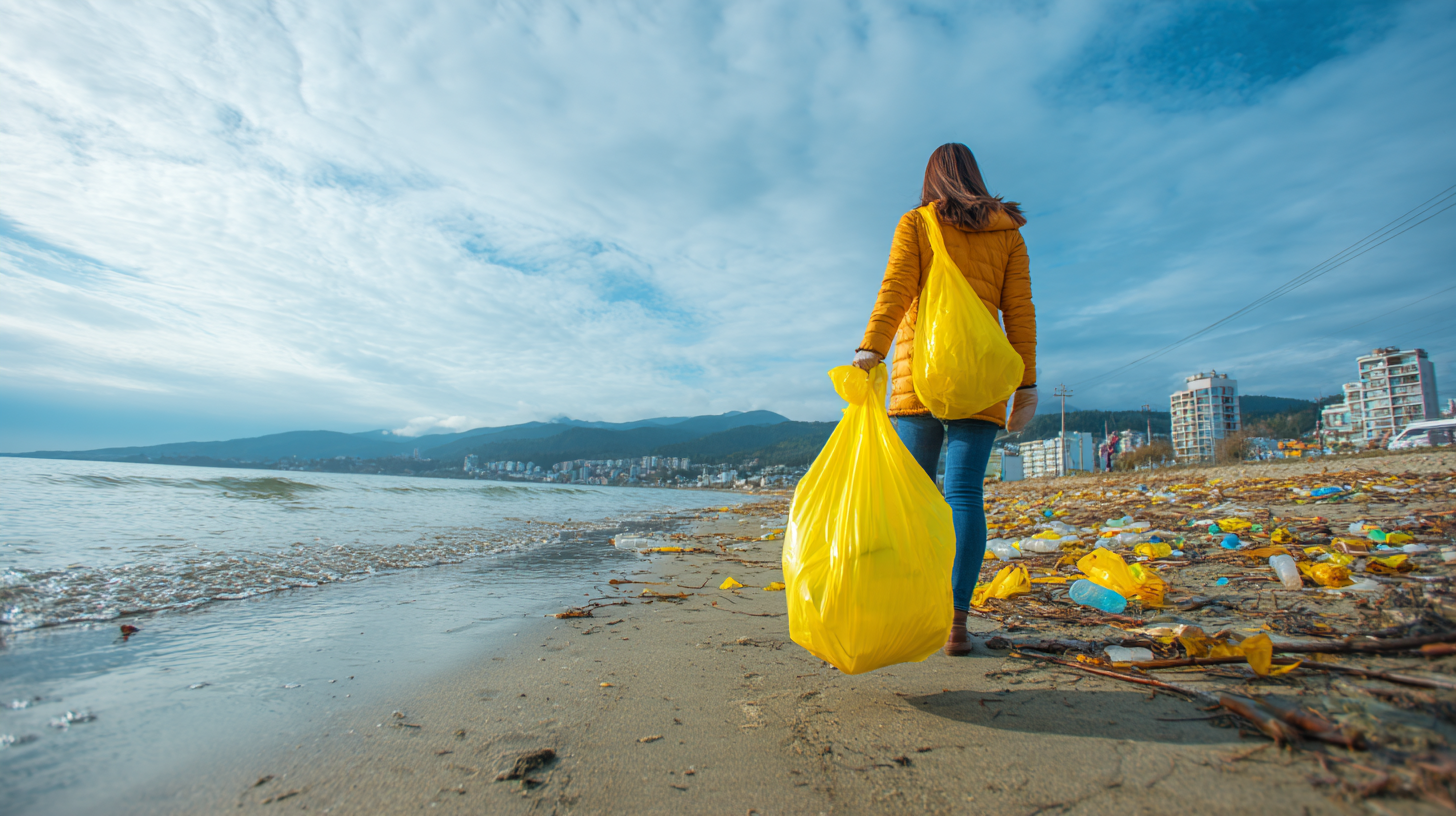
In 2023, eco-friendly packaging solutions have gained traction as businesses strive to reduce their environmental impact. A notable case study comes from a major retail chain that transitioned from traditional polythene bags to biodegradable alternatives. This initiative not only aligned the brand with sustainability goals but also resonated with environmentally-conscious consumers. The shift resulted in a significant decrease in plastic waste, showcasing the positive impact of adopting green practices on brand loyalty and consumer perception.
Another exemplary case is seen in the food industry, where a popular café introduced compostable packaging made from plant-based materials. By engaging customers in the importance of eco-friendly choices, the café reported a 30% reduction in single-use plastic consumption within just a few months. This approach highlights the effectiveness of combining product innovation with consumer education, creating a compelling narrative that encourages sustainable behavior. Such successful implementations indicate that brands can not only mitigate their ecological footprint but also pioneer a movement toward a more sustainable future in packaging.
